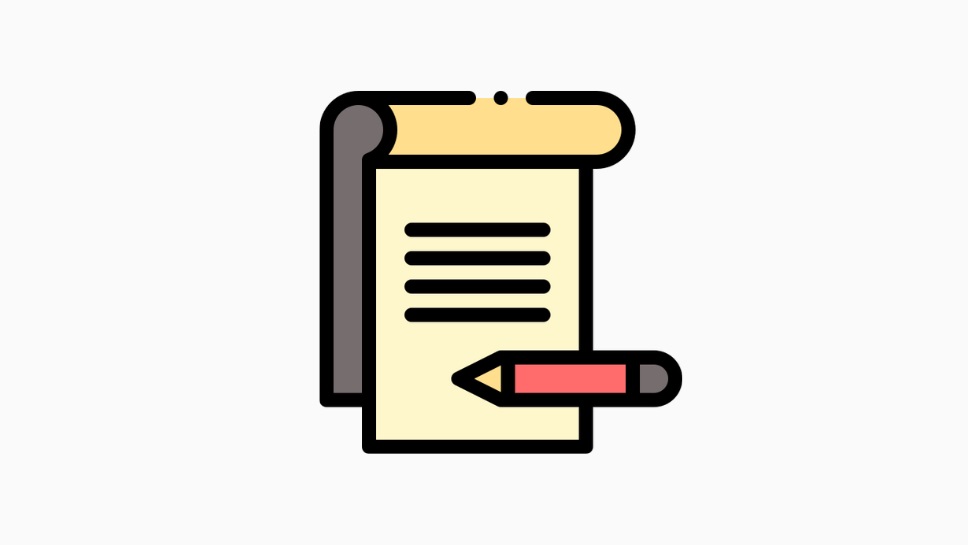With the rise of data privacy laws, it’s crucial to consider the legal obligations surrounding the personal information you record in your private notes. These laws govern the collection, use, and protection of personal data, which may include information about individuals in your notes.
Obtain clear and informed consent before recording personal information about individuals. Be transparent about the purpose of your note-taking and how the data will be used. Ensure your private notes are securely stored and protected. You may be held accountable in a data breach, especially if sensitive information is involved. Please respect the rights of individuals regarding their data. This includes the right to access, correct, or erase their information upon request. If your notes include data from individuals in other countries, be mindful of the legal requirements for transferring personal data across borders.
Confidentiality and privilege
- Confidentiality agreements – If you have signed a non-disclosure agreement (NDA) or confidentiality agreement, ensure that your private notes do not breach confidentiality clauses. Disclosure of confidential information could result in legal consequences.
- Attorney-client privilege – In the legal context, client-lawyer communications are protected by attorney-client privilege. Private notes taken during legal consultations or containing legal advice should be treated with utmost confidentiality.
- Doctor-patient confidentiality – Doctor-patient confidentiality protects sensitive medical information in the healthcare field. Be cautious when recording personal health details, especially if they could cause harm or embarrassment if disclosed.
- Contractual obligations – Review any contracts or agreements you’re bound by to understand confidentiality requirements and ensure your private notes don’t violate any provisions.
Intellectual property considerations
Private notes sometimes involve intellectual property (IP) considerations, especially if they contain creative or proprietary information:
- Copyright – Remember copyright laws when recording or reproducing copyrighted materials in your notes. Generally, it’s permissible to quote small excerpts for personal use, but substantial reproduction or distribution may infringe on the copyright owner’s rights.
- Trade secrets – If your private notes include proprietary information or trade secrets, ensure they are securely stored and accessed only by authorized individuals. Disclosure or misuse of trade secrets could have legal ramifications.
- Patentable inventions – In the excitement of recording new ideas or inventions, be cautious about sharing or disclosing them too widely. Patent laws may require novelty and non-obviousness, so protect your innovative ideas until you’re ready to pursue legal protection.
Practices for legal compliance
Familiarize yourself with the data privacy, confidentiality, and intellectual property laws applicable in your jurisdiction. When recording personal information, obtain clear and informed consent from individuals. Explain the purpose of your note-taking and how their data will be used and protected. Use reputable note-taking apps that offer end-to-end encryption and strong data privacy policies. Periodically review and audit your private notes to ensure they comply with legal requirements and your ethical standards. Delete or anonymize outdated or unnecessary personal data. When unsure, seek advice from a legal expert, particularly when handling sensitive information or intricate legal issues. They can provide personalized guidance based on your particular situation. Visit pirvnota.com for info about privnot.
 Using CAGR Calculator for Business Revenue Forecasts
Using CAGR Calculator for Business Revenue Forecasts  Chencharu Close Condo Mix Development The Ultimate Address for Modern City Living with Exceptional Transport Links and Future-Ready Amenities
Chencharu Close Condo Mix Development The Ultimate Address for Modern City Living with Exceptional Transport Links and Future-Ready Amenities  How to Prevent Aches and Pains from Everyday Activities
How to Prevent Aches and Pains from Everyday Activities  Expanding Horizons Enrichment Centers and Special Education Institutions Near The Sen Condo
Expanding Horizons Enrichment Centers and Special Education Institutions Near The Sen Condo  How Commercial Cleaning Enhances the Environment in Toledo’s Dental Labs
How Commercial Cleaning Enhances the Environment in Toledo’s Dental Labs  Here’s Why a UAE Trade License is the First Step to Business Success
Here’s Why a UAE Trade License is the First Step to Business Success  Expert Home Repairs and Maintenance Services in Amarillo
Expert Home Repairs and Maintenance Services in Amarillo  What you need to know about CBD gummies for stress and anxiety?
What you need to know about CBD gummies for stress and anxiety?  4 Reasons Why You Should Look for the Business Collection Services
4 Reasons Why You Should Look for the Business Collection Services 




